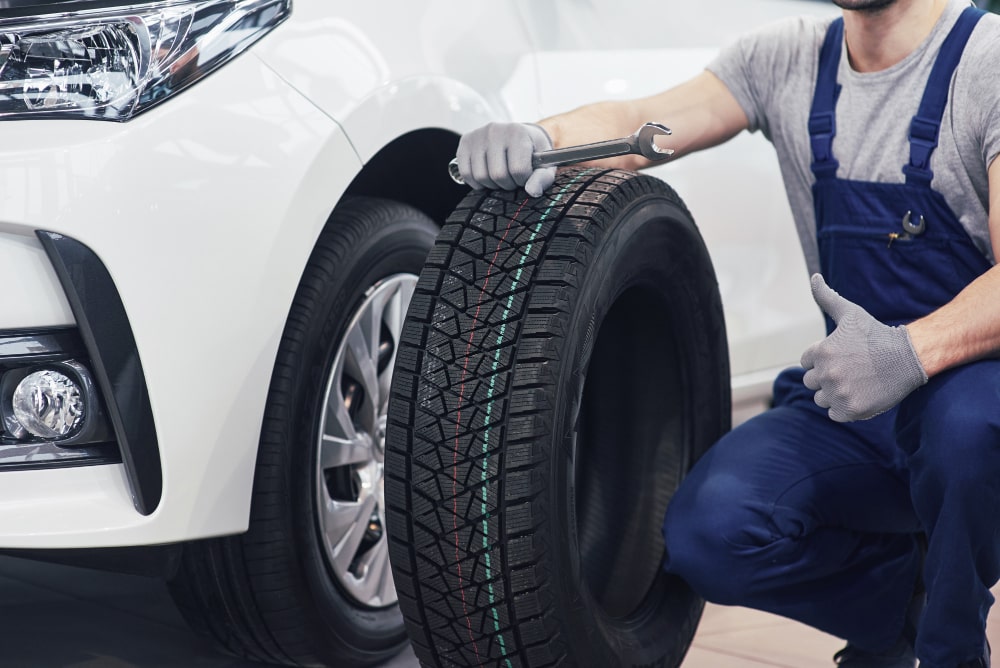No matter how careful one is with their car, punctures are inevitable. It happens to the best of us. A blowout or flat tire happens when you least expect it. This can be frustrating, especially when you are immobile in the middle of the road. You suddenly have to worry about getting the vehicle to a repair shop and other inconveniences that come with it.
Getting to the repair shop, you are faced with the issue of either having the tire replaced or repaired. Whatever option one is left with depends on the outcome of the assessment. Minor damages can be fixed with a simple repair, but if the puncture seriously damages your tire, you have no choice but to get a new one.
Since tires are important for your continued safety on the road, you must find the best method of having them fixed. The fact that options are available makes it even more difficult to settle. However, the challenge of whether to plug, repair, or change the tire is one many people face regularly. To settle on the best alternative, consider the following tips.
When to Settle for Tire Plugging
Tire plugging refers to a repair using a malleable rubber placed inside the tire to cover minor puncture damage. The rubber traps the air and prevents it from escaping when you drive. Plugging is a temporary fix and cannot permanently resolve a puncture tire issue. It is meant to make the car driveable until you can get to a tire store and purchase a new one. It also works for only small holes that are 1/4 inch or less in diameter. Additionally, these plugs should only be used on the tire’s tread and never on the sidewalls.
When Replacement is the Only Option
The tire plays an important role in your safety on the road. It is the part of the automotive that touches the road and should be in prime condition. Whereas no one wants to replace their tires when there is still so much tread to go, your safety should be the driving force in this case. The deciding factor on whether to replace the tires or not should be based on the extent of the damage and the location of the damage. Below are some of the few things that may warrant a tire replacement.
•Damages on the tire shoulder or its sidewall
• Large holes anywhere in the tire of more than ¼” in diameter
• Evidence of any severe damage, such as tread separation or large gashes
• The tire is damaged in a previously repaired area
The most important thing to note about tire damage is that it should be fixed immediately. These tend to compromise your safety when left unattended. Contact TireZoneTx for assistance if you are in FortWorth, TX. Prioritize your safety at all times.

